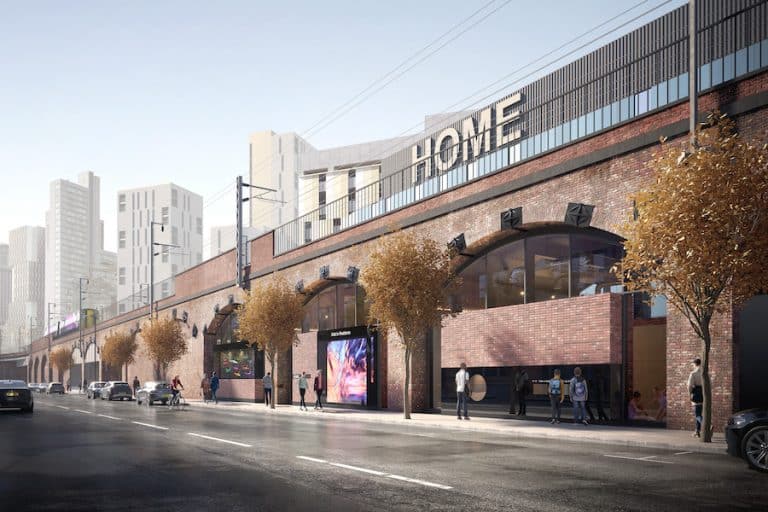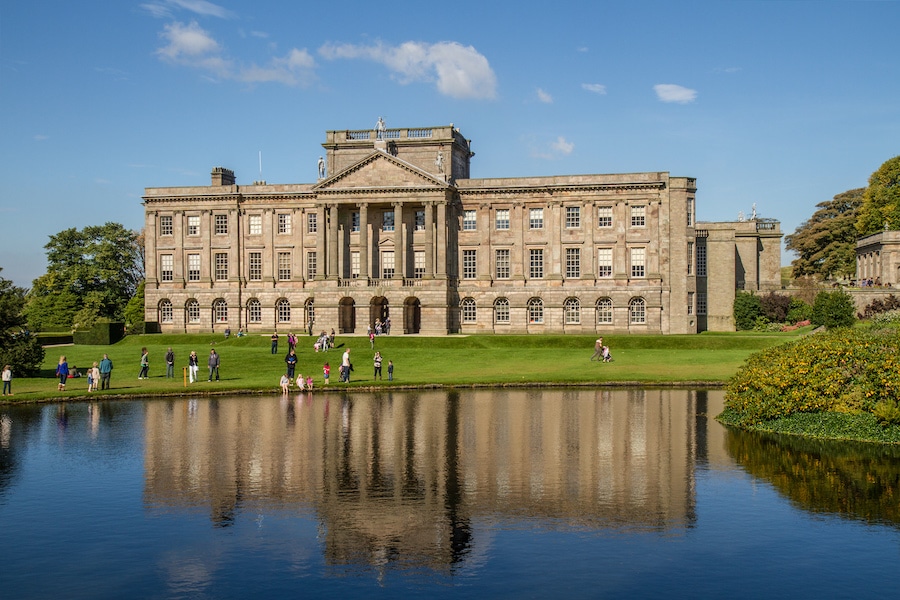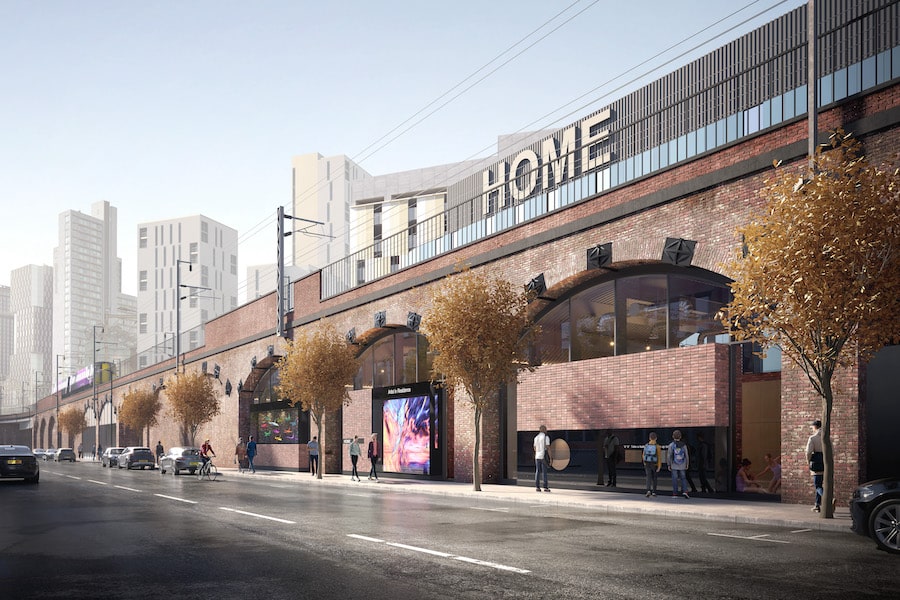The legendary story of how Manchester got its name
- Written by Stephen Lewis
- Last updated 1 year ago
- Cornerstone, Culture, History
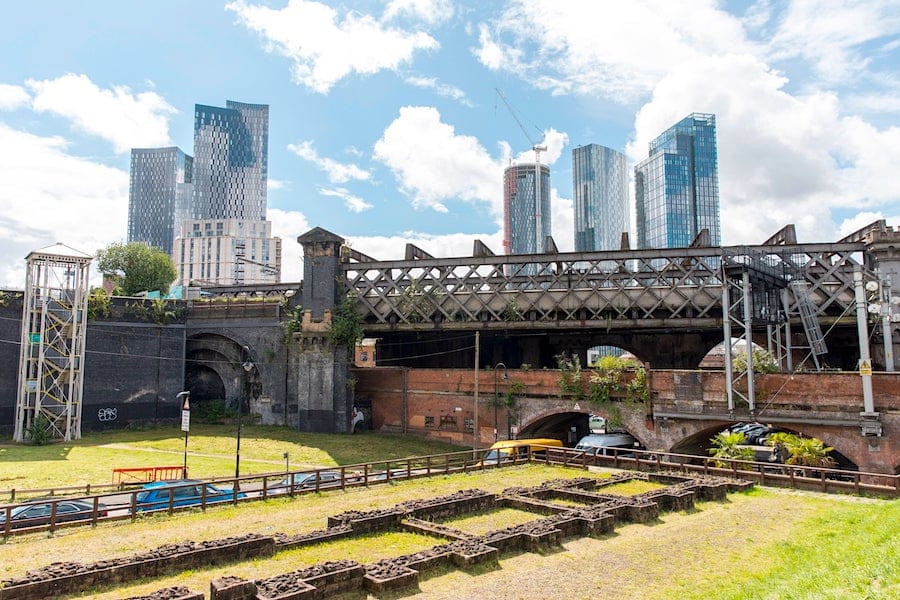
One of the fascinating aspects of Manchester’s history is the story behind how it got its name.
Legend has it that the Romans discovered the area in 79 AD and named it “Mamucium”, which translates to “place of the breast-shaped hill”.
The journey begins during the Roman era, when a timber fort was constructed on a rocky outcrop at the confluence of the rivers Irwell and Medlock.
Built between AD 78-86, this fort served a strategic purpose in the Roman conquest of Britain.
It was given the name Mamucium or Mancunium, derived from the Celtic language.
Mamucium referred to the “Place of the Breast-like Hill,” alluding to the distinctively shaped mound upon which the fort stood.
With the passage of time, the fort underwent transformations, eventually emerging as a sturdy stone structure in the third century.
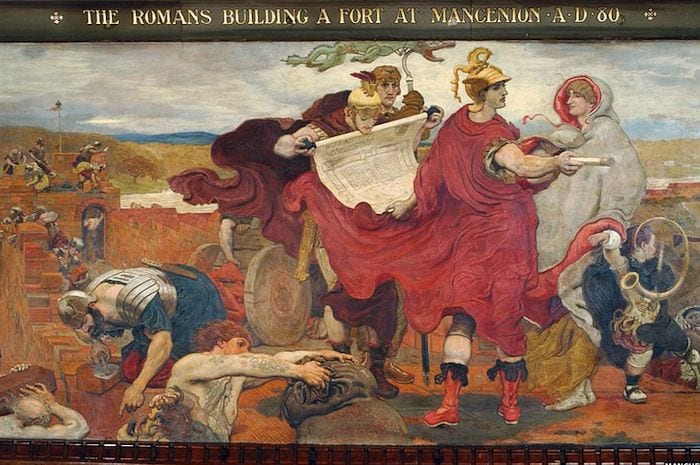
However, as the Roman Empire declined, so did the fort’s significance, leading to its abandonment in the fourth century.
Mamucium to Manchester
A new settlement emerged about a mile away from the original fort, where Manchester Cathedral now stands.
During the medieval period, the Anglo-Saxons left their mark on the evolving town.
In 1086, the settlement was referred to as Mameceastre in the Domesday Book.
The name Mameceastre derived from the Old English term “ceaster,” which denoted a Roman town or city.
This linguistic shift reflected the Anglo-Saxons’ recognition of the Roman heritage that once thrived in the area.
Over time, the name gradually transformed into its modern form, Manchester.
What’s the word for someone from Manchester?
The transition from Mameceastre to Manchester represents the evolving linguistic patterns of the region, influenced by changing dialects and pronunciation.
The medieval Latin form of the place-name, Mancunium, also contributed to the development of the name Manchester.
This Latin variation gave rise to the adjective “Mancunian,” which now represents the people of Manchester and their unique identity.
Manchester’s historical trajectory took a momentous turn during the Industrial Revolution.
What is Manchester known for in history?
The city became an epicenter of industry, renowned for its textile mills, technological advancements, and significant contributions to the global economy.
As Manchester’s industrial prowess grew, so did its international recognition. The name Manchester became synonymous with progress, innovation, and economic prosperity.
Today, Manchester stands as a vibrant metropolis, celebrated for its thriving arts scene, world-class universities, and iconic landmarks.
The name Manchester has transcended its origins, becoming a symbol of resilience, diversity, and cultural vibrancy.
As visitors and locals navigate the bustling streets of Manchester, they encounter remnants of the city’s historical past intertwined with its modern aspirations.
The name Manchester serves as a constant reminder of the centuries-old legacy that shaped the city into what it is today.
- This article was last updated 1 year ago.
- It was first published on 2 February 2019 and is subject to be updated from time to time. Please refresh or return to see the latest version.
Did we miss something? Let us know: press@ilovemanchester.com
Want to be the first to receive all the latest news stories, what’s on and events from the heart of Manchester? Sign up here.
Manchester is a successful city, but many people suffer. I Love Manchester helps raise awareness and funds to help improve the lives and prospects of people across Greater Manchester – and we can’t do it without your help. So please support us with what you can so we can continue to spread the love. Thank you in advance!
An email you’ll love. Subscribe to our newsletter to get the latest news stories delivered direct to your inbox.
Got a story worth sharing?
What’s the story? We are all ears when it comes to positive news and inspiring stories. You can send story ideas to press@ilovemanchester.com
While we can’t guarantee to publish everything, we will always consider any enquiry or idea that promotes:
- Independent new openings
- Human interest
- Not-for-profit organisations
- Community Interest Companies (CiCs) and projects
- Charities and charitable initiatives
- Affordability and offers saving people over 20%
For anything else, don’t hesitate to get in touch with us about advertorials (from £350+VAT) and advertising opportunities: advertise@ilovemanchester.com


Dear England heads to LOWRY with a story that goes well beyond football

Review: Toxic at Lowry is ‘a raw and unfiltered dive into love and trauma’
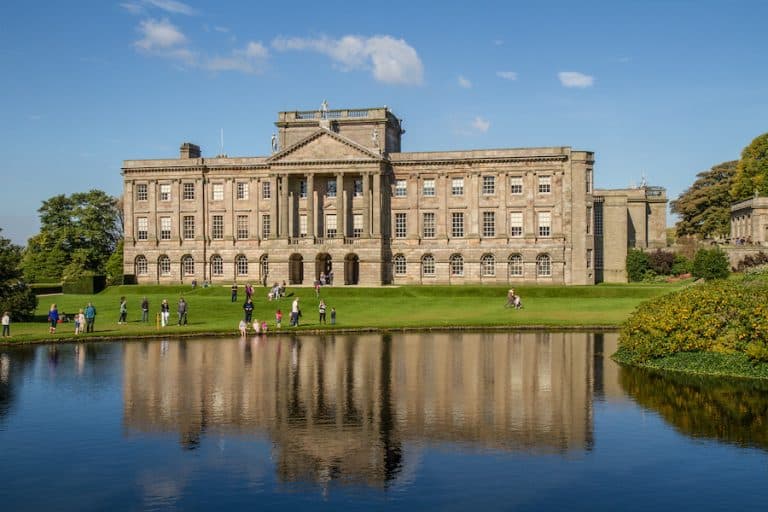
The picture-perfect walks in historic places that matter near Manchester
